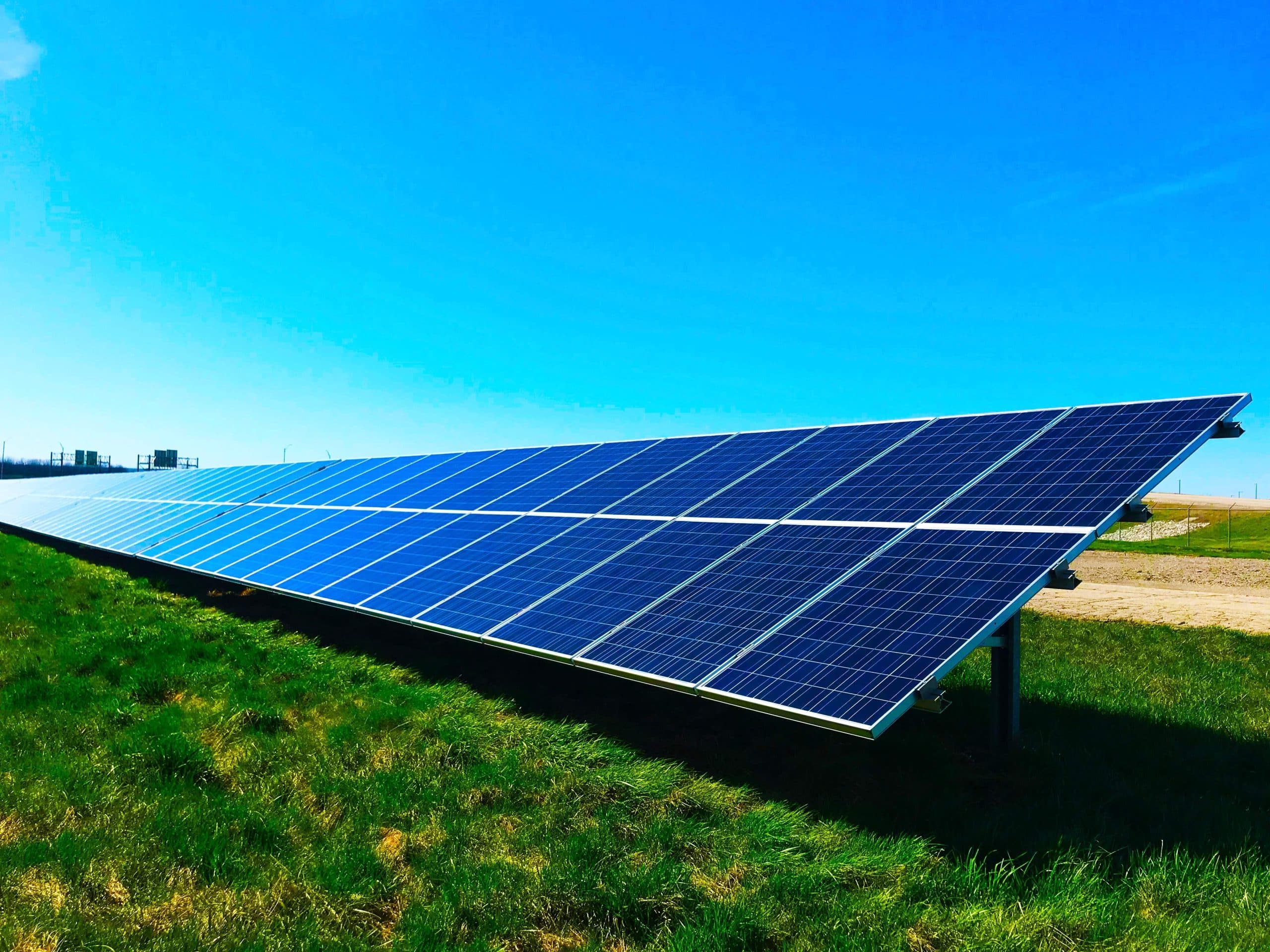In an age where sustainability and self-sufficiency are paramount, mastering the intricacies of off-grid solar panels is essential. This comprehensive guide, “In-Depth Guide to Off-Grid Solar Panels,” will not only enlighten you about the principles of off-grid solar power but also empower you to harness this renewable energy source effectively. As we delve into the world of off-grid solar panels, you’ll gain insights into their advantages, installation, maintenance, and how they can be the cornerstone of your self-sustaining off-grid lifestyle.
I. Advantages of Off-Grid Solar Panels
To begin our exploration, it’s crucial to understand the numerous advantages of off-grid solar panels. These panels offer a clean, renewable energy source that reduces your carbon footprint and minimizes reliance on traditional power grids. Additionally, harnessing solar power can lead to significant cost savings over time, making it a wise investment for sustainable living.
Transitioning to off-grid solar panels enhances your self-sufficiency and resilience in the face of power outages or energy disruptions. Solar panels are also low-maintenance and can provide energy for decades, ensuring a reliable source of power for your off-grid lifestyle.
II. Components and Functionality of Off-Grid Solar Panels
1. Understanding Solar Panels
Off-grid solar panels are the heart of any solar power system. To harness their power effectively, it’s essential to comprehend their components and functionality. We’ll delve into the anatomy of solar panels, including photovoltaic cells, inverters, and mounting structures, helping you select the right components for your off-grid setup.
2. Installation and Placement
Proper installation and placement of solar panels are paramount for optimal energy production. We’ll guide you through considerations for panel placement, angle, and orientation, ensuring you maximize sunlight absorption throughout the year.
III. Building Your Off-Grid Solar System
1. Key Components of an Off-Grid Solar System
Constructing an off-grid solar system involves more than just solar panels. You’ll need batteries for energy storage, charge controllers, and an inverter to convert DC electricity into AC. We’ll break down each component and its role in your off-grid setup.
2. Sizing Your Solar Power System
Properly sizing your solar power system ensures it meets your energy requirements. We’ll provide a step-by-step guide to calculating your energy needs, helping you choose the right system size for your off-grid lifestyle.
IV. Maintaining Your Off-Grid Solar System
1. Regular Inspections and Cleaning
Solar panels require periodic inspections and cleaning for efficiency. We’ll share tips for maintaining your panels, including identifying and addressing common issues like dirt buildup and shading.
2. Battery Maintenance
Off-grid solar systems rely on batteries for energy storage. Learn how to properly maintain your batteries to extend their lifespan and optimize your energy storage.
V. Solar Power and Sustainability
Embracing solar power aligns seamlessly with sustainability principles. It reduces your carbon footprint, conserves natural resources, and diminishes reliance on non-renewable energy sources. We’ll explore how solar power contributes to a more sustainable and eco-friendly off-grid lifestyle.
VI. Solar Power for Remote Locations
Off-grid solar panels are particularly valuable for remote and off-grid locations. In this section, we’ll delve into the specific benefits and challenges of utilizing solar power in such environments. Whether you’re in a remote cabin, an RV, or a remote research station, solar panels can provide a reliable source of energy.
Explore practical tips and case studies that highlight the versatility of off-grid solar panels for remote living and off-grid adventures.
VII. Financial Considerations and Incentives
While off-grid solar panels offer substantial benefits, it’s essential to consider the financial aspects. We’ll discuss upfront costs, potential return on investment, and available incentives such as tax credits and rebates that can make transitioning to solar power even more economically viable.
Understanding the financial landscape will help you make informed decisions about implementing off-grid solar panels in your lifestyle.
VIII. Environmental Impact of Off-Grid Solar Panels
Off-grid solar panels have a positive environmental impact, reducing greenhouse gas emissions and the demand for fossil fuels. Dive into the details of how solar power contributes to a greener planet and learn about the broader implications for a sustainable future.
IX. Conclusion
In conclusion, this “In-Depth Guide to Off-Grid Solar Panels”
Off-grid solar Panels serve as a vital resource in your quest for self-sufficiency and sustainability. By understanding the advantages of off-grid solar panels, their components, installation, maintenance, application in remote locations, financial considerations, and environmental impact, you can successfully harness the sun’s energy for your off-grid lifestyle.
Solar power not only reduces your environmental impact but also offers long-term financial benefits. As you embark on your journey towards off-grid living, remember that solar panels are a reliable and eco-friendly ally in your pursuit of self-sufficiency.
Explore the subheadings for detailed insights on each aspect of off-grid solar panels, and use the internal links provided for easy navigation. With the knowledge gained from this guide, you’ll be well-prepared to embrace solar power and lead a sustainable off-grid lifestyle that prioritizes self-sufficiency, environmental responsibility, and energy independence.

Leave a Reply
You must be logged in to post a comment.